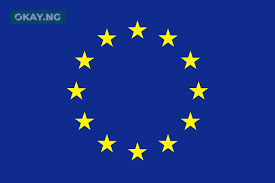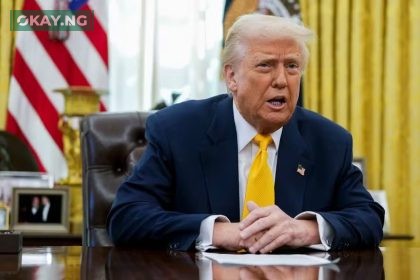The European Union has placed Nigeria on its latest priority watch list for intellectual property rights (IPR) violations, alongside countries such as China, India, Türkiye, Argentina, Brazil, Ecuador, Indonesia, and Thailand.
This announcement was made by the EU’s Trade and Economic Security Commission in its biennial report on the Protection and Enforcement of IPR in Third Countries.
The report highlights that counterfeiting and piracy are causing significant harm to the European economy. In 2023, EU customs seized 17.5 million counterfeit items valued at nearly €811 million at its borders, with online piracy also on the rise. IPR-intensive industries are crucial to the EU, contributing nearly half of its annual GDP and over 80% of its exports, supporting sustainable job creation and economic stability.
China remains the top concern for the EU, followed by India and Türkiye, while Nigeria is classified in the third priority group alongside Argentina, Brazil, Ecuador, Indonesia, and Thailand. The EU acknowledged Nigeria’s efforts to strengthen its IP regime, including legislative reforms like the Nigeria Customs Service Act and the 2022 national IP policy. However, it expressed concern that these efforts have not yet yielded sufficient results.
A major issue is the failure to pass the Industrial Property Commission Bill of 2016, which aimed to harmonize IP laws and establish a national commission. The EU also criticized Nigeria’s slow administrative processes in the Patents and Designs Registry and the absence of a system for registering Geographical Indications.
“Nigeria continues to implement its National Intellectual Property Policy And Strategy adopted in 2022, which seeks to promote a comprehensive IP ecosystem as a catalyst for harnessing the full potential of IPR for socio-cultural development and sustainable economic growth,” the report stated.
The commission also pointed to high levels of online piracy and a lack of transparency among collective management organizations. While new measures such as the Online Copyright Inspectors Unit have been introduced, their effectiveness remains uncertain.
Nigeria’s major seaports were identified as gateways for counterfeit goods entering West Africa, including fake medicines, electronics, and fashion items, many originating from China. Enforcement challenges include limited funding, poor training, and inadequate judicial infrastructure, with courts lacking the technology and expertise to handle complex IP cases, resulting in inconsistent rulings.












